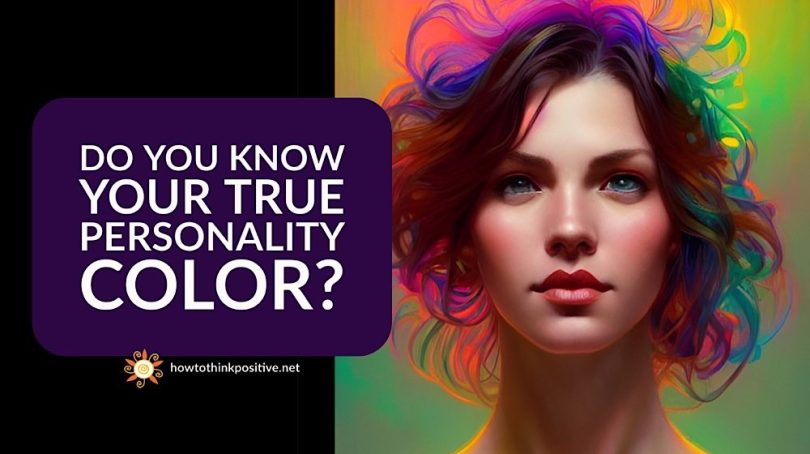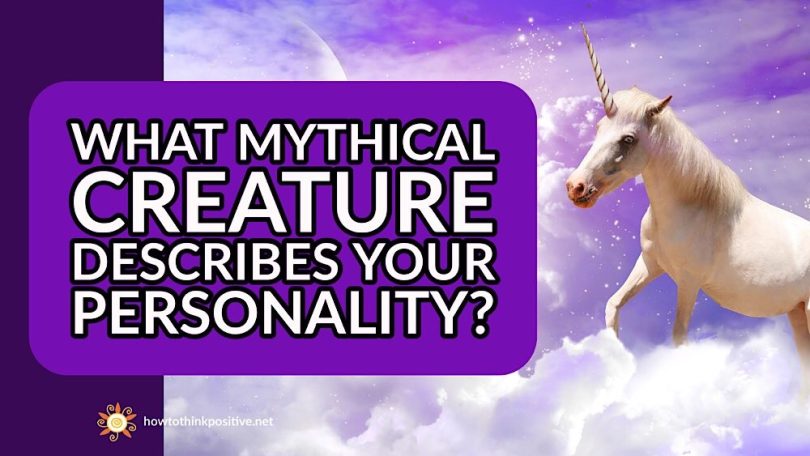Everyone’s personality is a bit different and unique, the way you perceive the world and everything on it differs even when looking at the exact same thing or having a perceived similar experience. Some people are more focused on what they perceive to be “reality” when others are more focused on what they believe is there but not necessarily seen or understood by others.
Our human mind is amazing and it is because of our differences in perception and unique way of experiencing things that this world is extremely interesting when it comes to its inhabitants.
Which one are you? Do you consider yourself mor of a realist? surrealist? or perhaps idealist?
Take the quiz to find out…
Was yours accurate?
Let us know in the Facebook comments.







